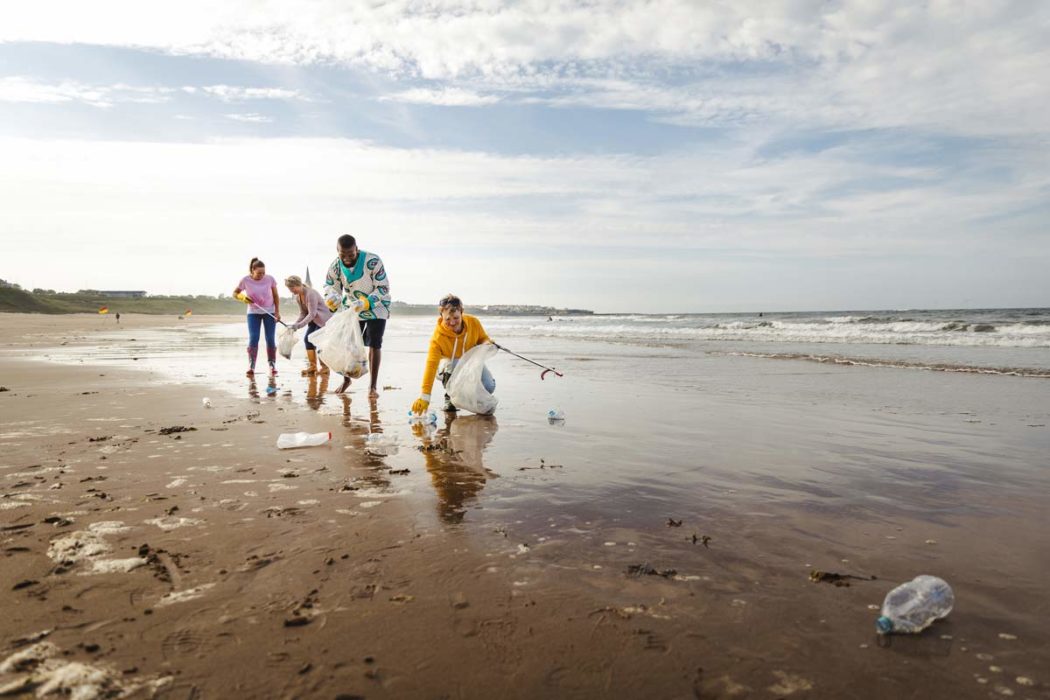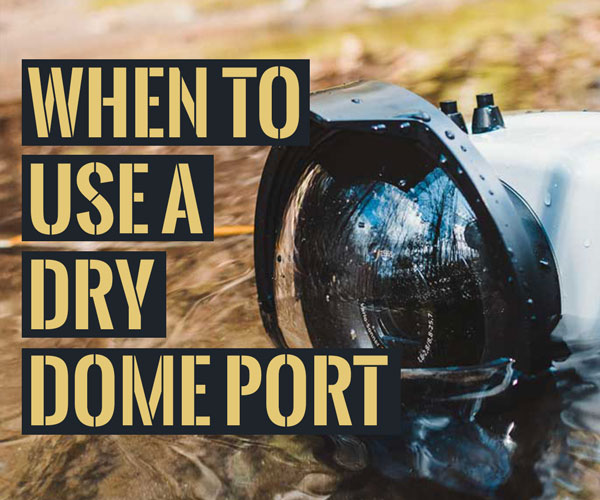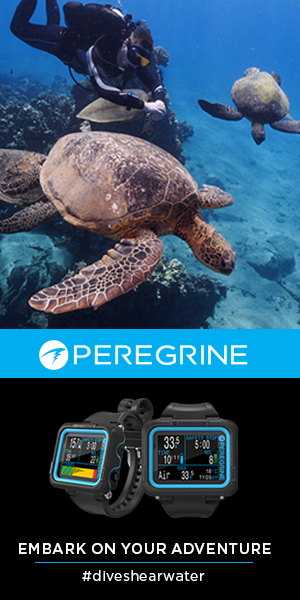The ocean is the largest ecosystem on Earth — it is the planet’s life support system and is affected by overfishing, pollution, and habitat destruction, compromising its ability to sustain humans with food, livelihoods and climate regulation.
Why Worry About Ocean Conservation?
Healthy oceans sustain life here on planet earth — our security, our economy and our survival all require and are dependent on healthy oceans. Oceans provide us with food – seafood makes up at least a sixth of the animal protein people eat.
Oceans produce the air we breathe and the weather we experience. The ocean produces over half of the world’s oxygen and absorbs 50 times more carbon dioxide than our atmosphere.
Oceans regulate our climate. Covering 70 percent of the Earth’s surface, the ocean transports heat from the equator to the poles, regulating our climate and weather patterns. From hotel rooms to dive trips and fishing trips, from clothing and fishing gear, the oceans support jobs. It is estimated that the oceans are responsible for more than $282B in revenue in the U.S. alone.
The ocean and its coral reefs provide natural breakwaters to buffer and protect our shorelines. The reef’s rough surfaces and complex structures dissipate the force of incoming waves, helping prevent flooding, erosion, property damage and loss of life.
There are many business, governments and organizations taking steps to solve the problems plaguing the health of our oceans, but it takes effort from individuals too.
[sam_pro id=1_99 codes=”true”]
Here are 8 simple ways you can help make a positive impact on our oceans:
Reduce your carbon footprint.
Carbon dioxide from burning fossil fuels is making our oceans more acidic. When you can, ride a bike, walk or use public transportation. Use high efficiency appliances in your home. Turn off appliances when they aren’t in use. Turn up your thermostat a few degrees in the summer and down a few degrees in the winter. Use compact fluorescent light bulbs in your house. Invest in carbon offsets.
Reduce your plastic waste.
Plastic debris in the ocean degrades marine habitats and contributes to the deaths of many marine animals. Look for ways to reduce your consumption of single-use plastics.
Select sustainable seafood.
Buy from sustainable fisheries. Look for special terms like “line caught,” “diver caught,” “sustainably caught” or “sustainably harvested.”
Consider animal protein vs. plant-based protein.
For those ready to enjoy the health and environmental benefits associated with “eating green,” organizations like OneGreenPlanet.org offer easy meal swapping tips.
Properly dispose of hazardous waste.
Dispose of hazardous waste in an environmentally safe way so it doesn’t end up in the ocean.
Use less fertilizer.
When fertilizers are used in gardening and agriculture, the excess eventually ends up in the ocean. The added nutrients in the water lower oxygen levels resulting in ocean dead zones that cannot sustain marine life.
Participate in beach cleanups.
Much of the plastic and debris found in the ocean has its beginnings in beach litter. Bring your trash off the beach when you leave and volunteer for organized beach clean-ups.
Buy ocean-friendly products.
Avoid products that were produced through unsustainable or environmentally harmful methods. For example, avoid cosmetics containing shark squalene and jewelry made of coral or sea turtle shell. These products are directly linked to unsustainable fishing methods and the destruction of ecosystems.
Show us how you give back. Submit your photo and story about helping our oceans. You could be featured in an upcoming issue of Dive Training!






